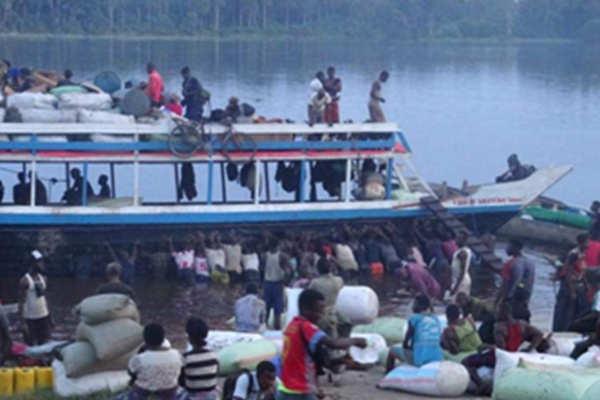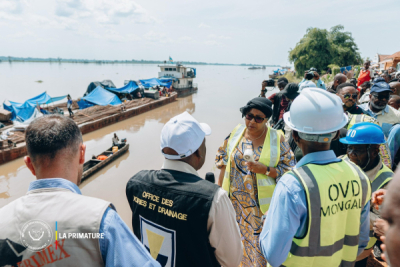On March 24, 2025, Jean-Marie Olinda Lituambela, head of Tshopo province’s Transport, Communication Routes, and Opening-up division, announced plans to phase out wooden boats over five years old from circulation in Kisangani. This decision, aimed at enhancing safety and compliance with river navigation laws, could significantly impact trade and transportation in the region.
The wooden boats in question, including whaleboats, have been a lifeline for Kisangani, connecting it to towns like Isangi, Lokutu, Basoko, Opala, and Mbandaka. These vessels transport essential goods such as rice, palm oil, fish, and charcoal, ensuring food security for local communities. However, their removal could disrupt supply chains and isolate rural markets, including Yafira, Yanonge, and Yangambi, unless replaced with suitable alternatives.
"The law on river transport imposes the decommissioning of any boat more than five years old. Teams will shortly be dispatched to identify the boats, check their technical condition, and determine their actual number", Jean-Marie Olinda Lituambela told Agence Congolaise de Presse. Boat owners affected by the measure will be sensitized so that they can build new vessels.
A study by anthropologist Peter Lambertz highlights the importance of these wooden boats. Between 2018 and 2019, their numbers increased from 66 to 81 in Kisangani’s private ports, owned by 56 to 69 different shipowners. In contrast, modern metal barges—mainly used for heavy cargo to Kinshasa—are too expensive and ill-suited for local needs, limiting passenger transport.
As the study points out, modern metal barges, inherited from the colonial era, are too costly and ill-suited to local needs. They are mainly used to transport heavy goods to Kinshasa, with journeys limited to two to four trips per year. What's more, they officially prohibit passengers, unlike the whaleboats, which reserve an upper deck for them.
Boaz Kabeya (intern)










